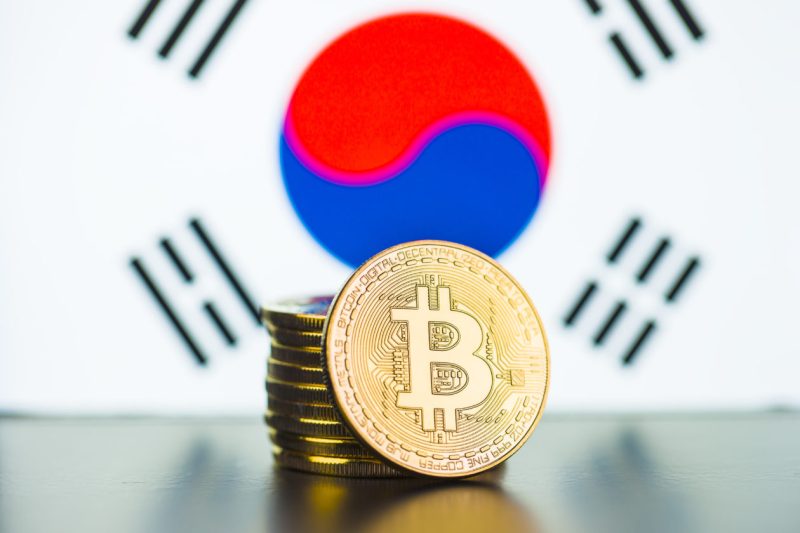South Korea’s Financial Supervisory Service (FSS) is stepping up its oversight of cryptocurrency exchanges to crack down on suspicious or illegal transactions. The regulator aims to enforce stricter rules on these platforms, with potential legal consequences for any noncompliance.
FSS Tightens Oversight on Crypto Exchanges
The FSS is expected to conduct inspections on virtual asset exchanges, looking for any signs of suspicious activities or violations of the law, according to a local news report. During these inspections, the agency will ensure that exchanges and related businesses are adhering to current regulations. If any deficiencies are found in the regulatory framework, the FSS plans to push for updates to close potential loopholes.
The FSS emphasized its commitment to enforcing market order and punishing illegal activities uncovered during inspections. This new push underscores South Korea’s focus on tightening its cryptocurrency regulations to better protect users and prevent fraud.
South Korea’s Focus on Investor Protection
This heightened regulatory scrutiny follows the enactment of South Korea’s “Virtual Asset User Protection Act” on July 19. The law aims to safeguard investors from risks associated with cryptocurrency trading. It mandates that exchanges separate customer assets from their own, and that they provide insurance coverage to protect users against hacks and malicious attacks.
The Financial Services Commission (FSC), another key regulatory body in South Korea, has authorized the FSS to inspect Virtual Asset Service Providers (VASPs) to ensure compliance with user protection duties. The FSC has the authority to impose penalties on rule violators, which can include corrective orders, suspension of operations, and fines.
South Korea’s top cryptocurrency exchanges, such as Upbit, Bithumb, and Coinone, are subject to these regulations. In addition to complying with investor protection laws, VASPs are also required to maintain strict anti-money laundering (AML) procedures and report any suspicious transactions to the authorities.
Global Scrutiny on Crypto Exchanges Intensifies
South Korea is not alone in ramping up its oversight of cryptocurrency platforms. Globally, regulators are tightening their grip on digital asset trading to safeguard users and promote transparency.
For example, in Hong Kong, operating an unlicensed crypto trading platform became a criminal offense as of June 1, 2024. Several platforms have applied for licenses but have not yet received full approval from the city’s regulators.
In the United Kingdom, Coinbase’s local branch faced a £4.5 million fine in July for failing to comply with a voluntary agreement related to user onboarding. This case highlights the increasing global pressure on exchanges to follow stringent regulatory guidelines.
